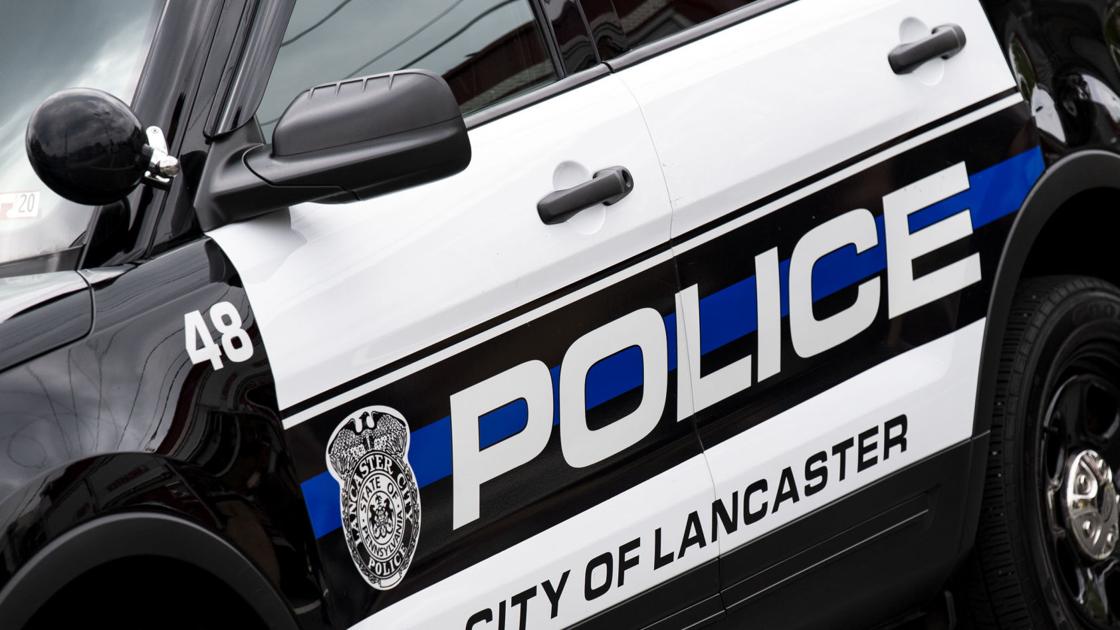BY
ELAINE GOODMAN
Daily Post Correspondent
As Palo Alto police and other law-enforcement departments across the state move to full encryption of their radio systems — meaning the public and the press can’t hear what officers are doing — one big-city department is taking a different approach.
The San Francisco Police Department plans to partially encrypt its radio transmissions when it moves to a digital system sometime after July 1, a police spokesman told the Post on Friday (May 21).
Dispatchers will use certain public channels to send officers to an incident, such as asking units to respond to 123 Main St. for a report of a robbery, according to SFPD spokesman Sgt. Michael Andraychak. Members of the public or the media will be able to hear those transmissions over a police scanner.
After units are dispatched, radio communications regarding the incident will be encrypted and the public won’t be able to listen in, Andraychak said.
But at the conclusion of the incident, dispatchers will state on an unencrypted channel what the outcome was, for example, officers took a report or made an arrest.
Officers will use another set of channels to check a person’s driver’s license information or criminal history, Andraychak said. Those channels will be encrypted.
“It’s sort of striking a balance,” Andraychak said of the new system.
The move to encryption comes after the California Department of Justice in October told law enforcement agencies that they have to protect individuals’ personally identifiable information and criminal justice information when using the California Law Enforcement Telecommunications System, or CLETS. Information that needs protecting includes a person’s driver’s license number or their criminal history, for example.
The DOJ
memo, from Joe Dominic, chief of the California Justice Information Services Division, outlined two ways a law enforcement agency could protect the information: by encrypting radio traffic, or establishing a policy to not publicly broadcast certain types of information.
The memo gave agencies until Dec. 31, 2020 to comply with the requirements or submit a plan on how they intend to do so.
Palo Alto started encrypting its police radio transmissions on Jan. 5, just minutes after the decision was announced through an email sent to the news media. The city made its decision without any public input or hearings.
Most police departments in Santa Clara County have now moved to radio encryption, including Mountain View and Los Altos.
Since Palo Alto police abruptly moved to encryption, the City Council has discussed the issue. Last month, some council members said they want to explore alternatives to full encryption.
In a
blog post on Friday, Palo Alto Police Chief Robert Jonsen said he contacted the Department of Justice to ask for a delay in implementing encryption, but that he had not yet heard back on the request.
In San Francisco, the police department’s radio transmissions aren’t currently encrypted, except for a few channels for tactical responses or investigations, according to Andraychak, the police spokesman. The new, digital radios will meet a national interoperability standard, which allows agencies to communicate with each other by switching to a common frequency.
The feature is important during disasters such as wildfires or earthquakes, Andraychak said. He recalled that when SFPD assisted during the Sonoma County wildfires, officers had to borrow radios from the sheriff’s office there.
The new digital network will have clearer, stronger transmissions and will improve communications for officers down in the BART system, he said.
The new radios cost about $3,500 each including the $300 cost of encryption, Andraychak said, and will be purchased for roughly 2,200 officers.


